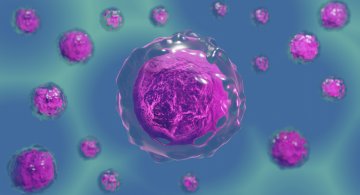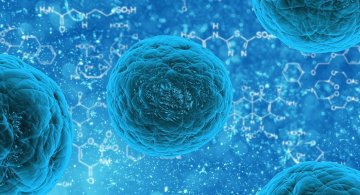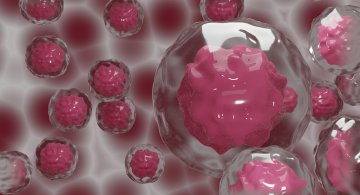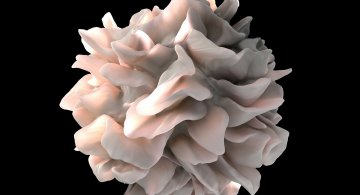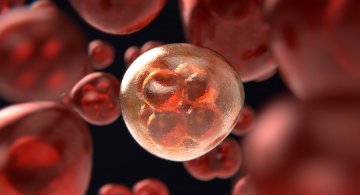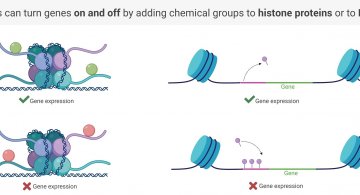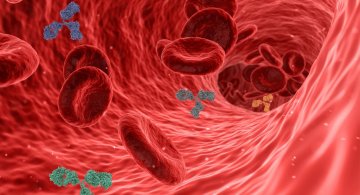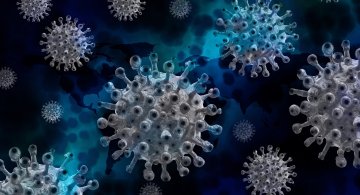Cancer
In order to grow, proliferate and spread throughout the body, rapidly dividing cancer cells require a constant stream of nutrients and access to the circulatory system.
Cancer
A fundamental characteristic shared by cancer cells is the ability to replicate indefinitely—a process that is strongly influenced by epigenetic regulation.
Cancer
Aggressive tumours often carry defects in their ability to repair DNA, enabling them to accumulate mutations and adapt to the challenging environment.
Cancer
The ability to hide from the immune system is a well-established hallmark of cancer cells.
Cancer
Uncontrolled cellular division combined with evasion of apoptosis is a classic hallmark of cancer.
Cancer
In healthy tissue, antigrowth signals halt the proliferation of cells. Cells bypassing the them are a step closer to becoming cancerous.
What is Epigenetics?
Epigenetics is a rapidly growing field of scientific inquiry. It explains how our bodies have just one genetic code, but ~200 different cell types.
COVID-19
As of November 2020, for every 10 women who have lost their lives due to COVID-19, 14 men were reported to succumb to the disease. Are men more at risk?
COVID-19
Once inhaled, our first line of defense against SARS-CoV-2 is the innate immune response—a system that is intimately linked to epigenetics.
COVID-19
Though there is much to learn about this virus and this disease, we know many ways that epigenetics is involved in infection and immunity.
